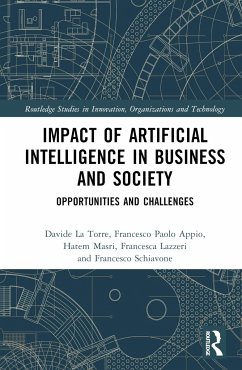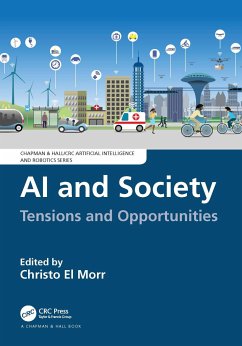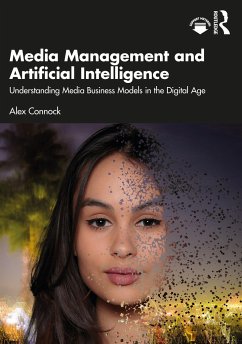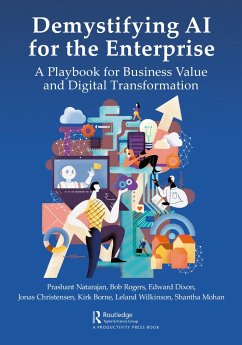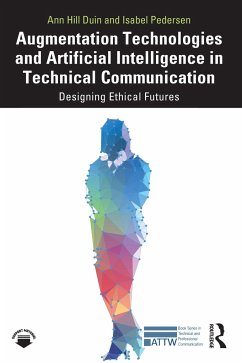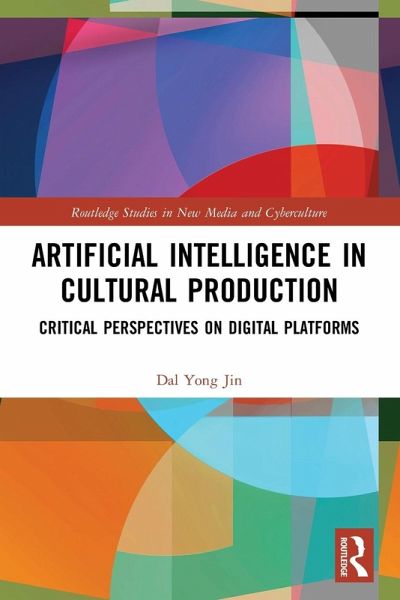
Artificial Intelligence in Cultural Production
Critical Perspectives on Digital Platforms
Versandkostenfrei!
Versandfertig in 6-10 Tagen
41,99 €
inkl. MwSt.
Weitere Ausgaben:

PAYBACK Punkte
21 °P sammeln!
This book offers an in-depth academic discourse on the convergence of AI, digital platforms, and popular culture, in order to understand the ways in which the platform and cultural industries have reshaped and developed AI-driven algorithmic cultural production and consumption.At a time of fundamental change for the media and cultural industries, driven by the emergence of big data, algorithms, and AI, the book examines how media ecology and popular culture are evolving to serve the needs of both media and cultural industries and consumers. The analysis documents global governments' rapid deve...
This book offers an in-depth academic discourse on the convergence of AI, digital platforms, and popular culture, in order to understand the ways in which the platform and cultural industries have reshaped and developed AI-driven algorithmic cultural production and consumption.
At a time of fundamental change for the media and cultural industries, driven by the emergence of big data, algorithms, and AI, the book examines how media ecology and popular culture are evolving to serve the needs of both media and cultural industries and consumers. The analysis documents global governments' rapid development of AI-relevant policies and identifies key policy issues; examines the ways in which cultural industries firms utilize AI and algorithms to advance the new forms of cultural production and distribution; investigates change in cultural consumption by analyzing the ways in which AI, algorithms, and digital platforms reshape people's consumption habits; and examines whethergovernments and corporations have advanced reliable public and corporate policies and ethical codes to secure socio-economic equality.
Offering a unique perspective on this timely and vital issue, this book will be of interest to scholars and students in media studies, communication studies, anthropology, globalization studies, sociology, cultural studies, Asian studies, and science and technology studies (STS).
At a time of fundamental change for the media and cultural industries, driven by the emergence of big data, algorithms, and AI, the book examines how media ecology and popular culture are evolving to serve the needs of both media and cultural industries and consumers. The analysis documents global governments' rapid development of AI-relevant policies and identifies key policy issues; examines the ways in which cultural industries firms utilize AI and algorithms to advance the new forms of cultural production and distribution; investigates change in cultural consumption by analyzing the ways in which AI, algorithms, and digital platforms reshape people's consumption habits; and examines whethergovernments and corporations have advanced reliable public and corporate policies and ethical codes to secure socio-economic equality.
Offering a unique perspective on this timely and vital issue, this book will be of interest to scholars and students in media studies, communication studies, anthropology, globalization studies, sociology, cultural studies, Asian studies, and science and technology studies (STS).





